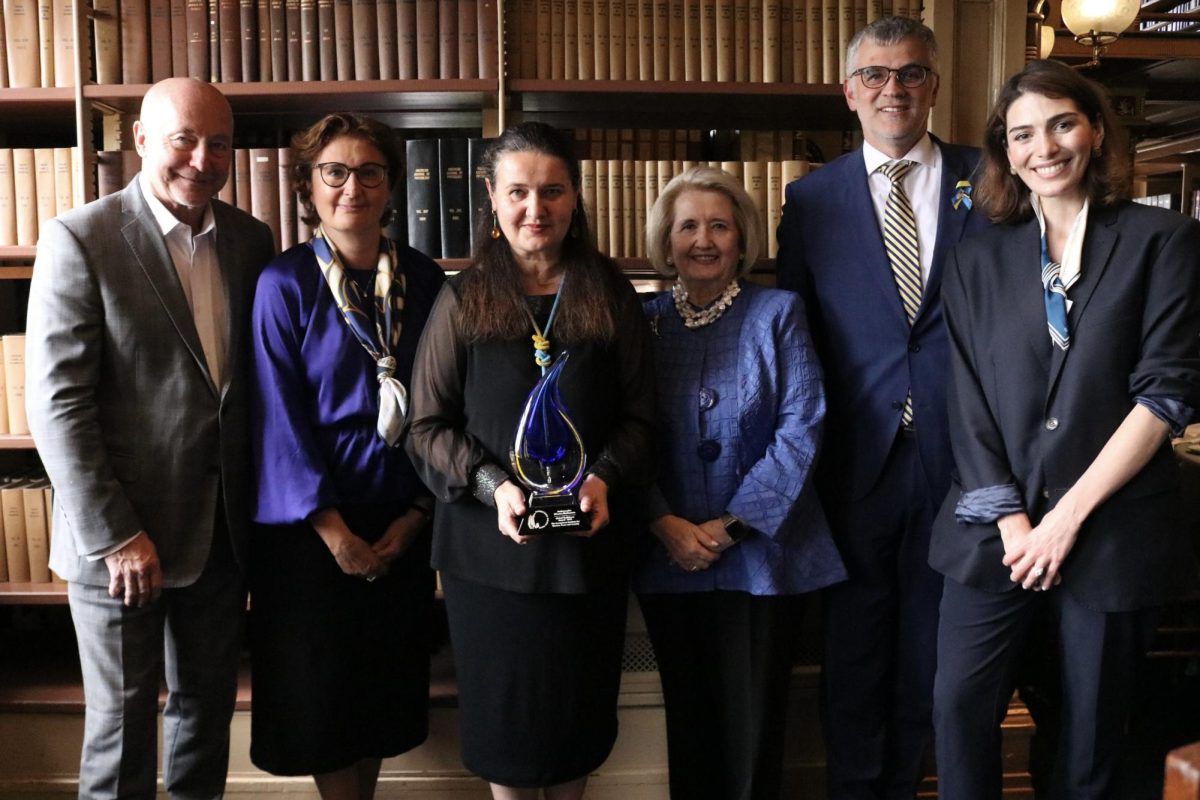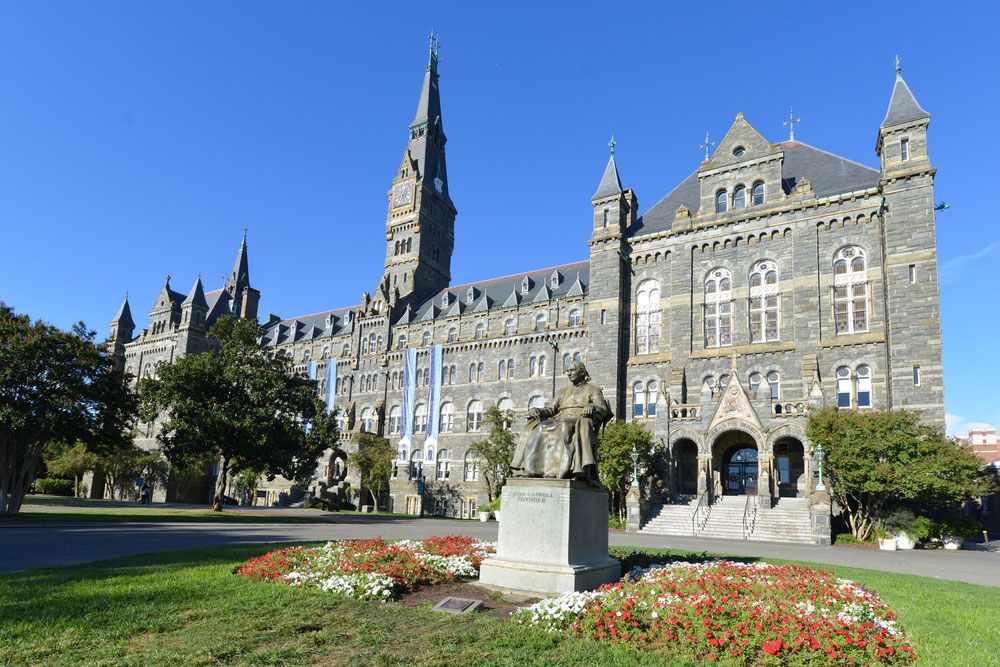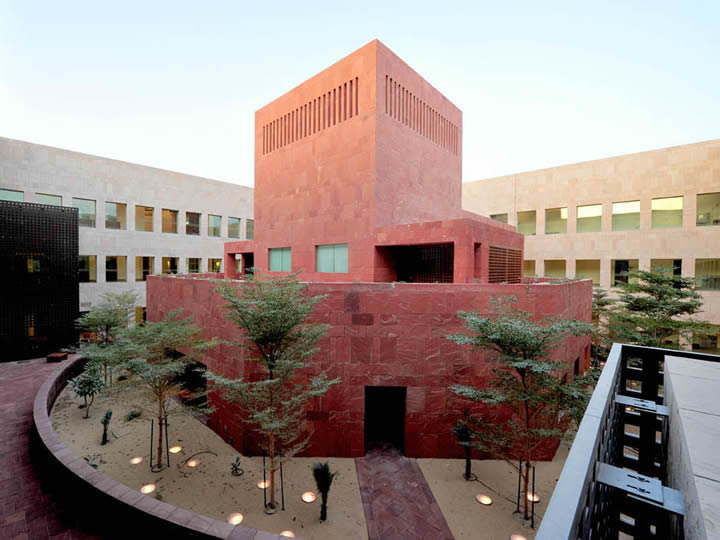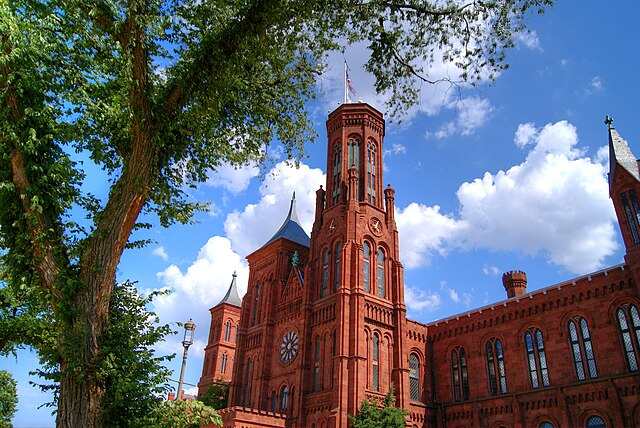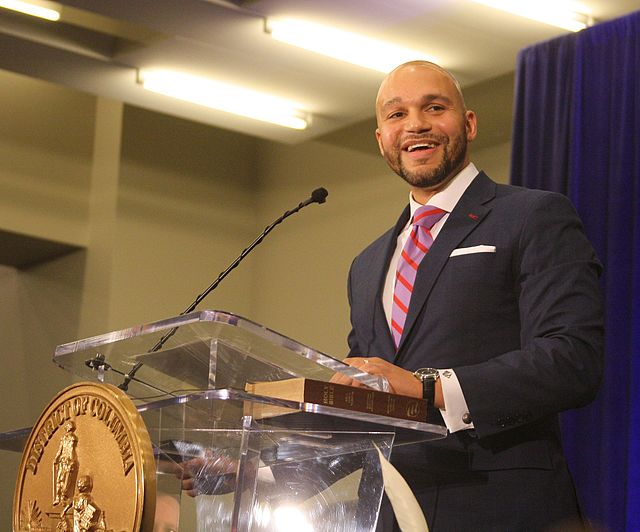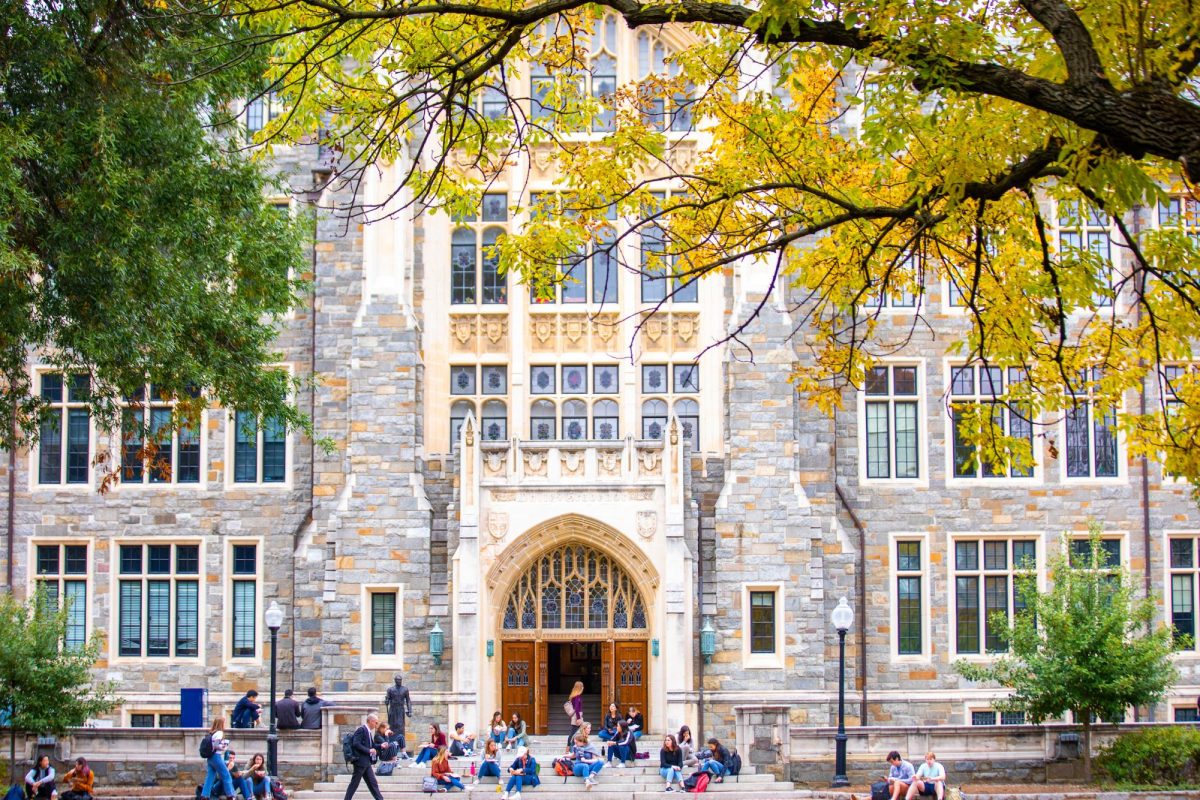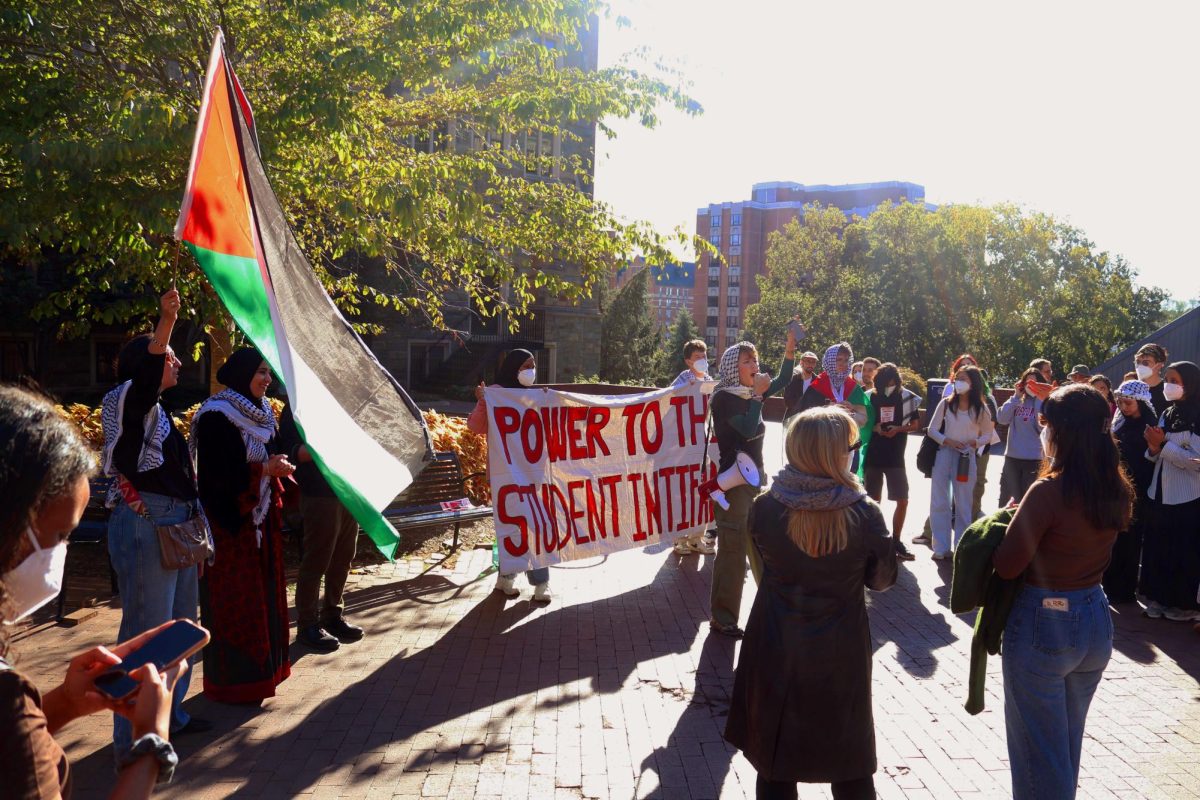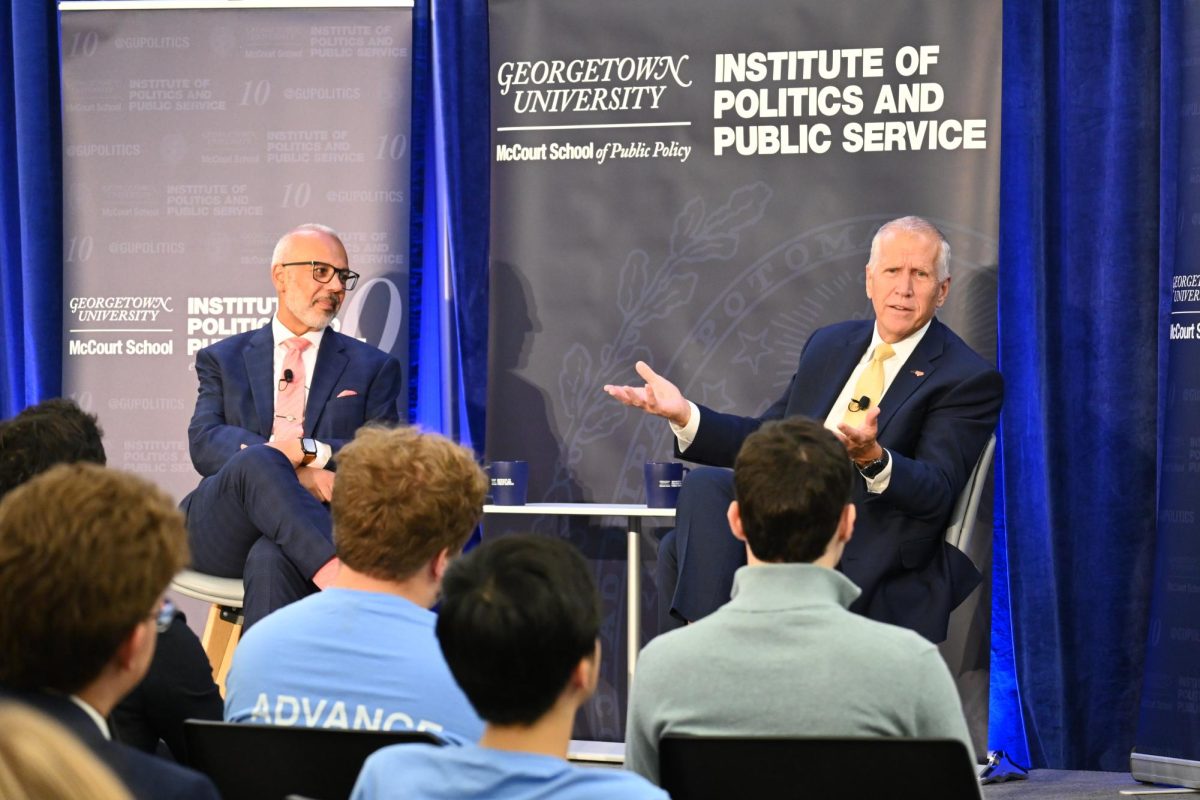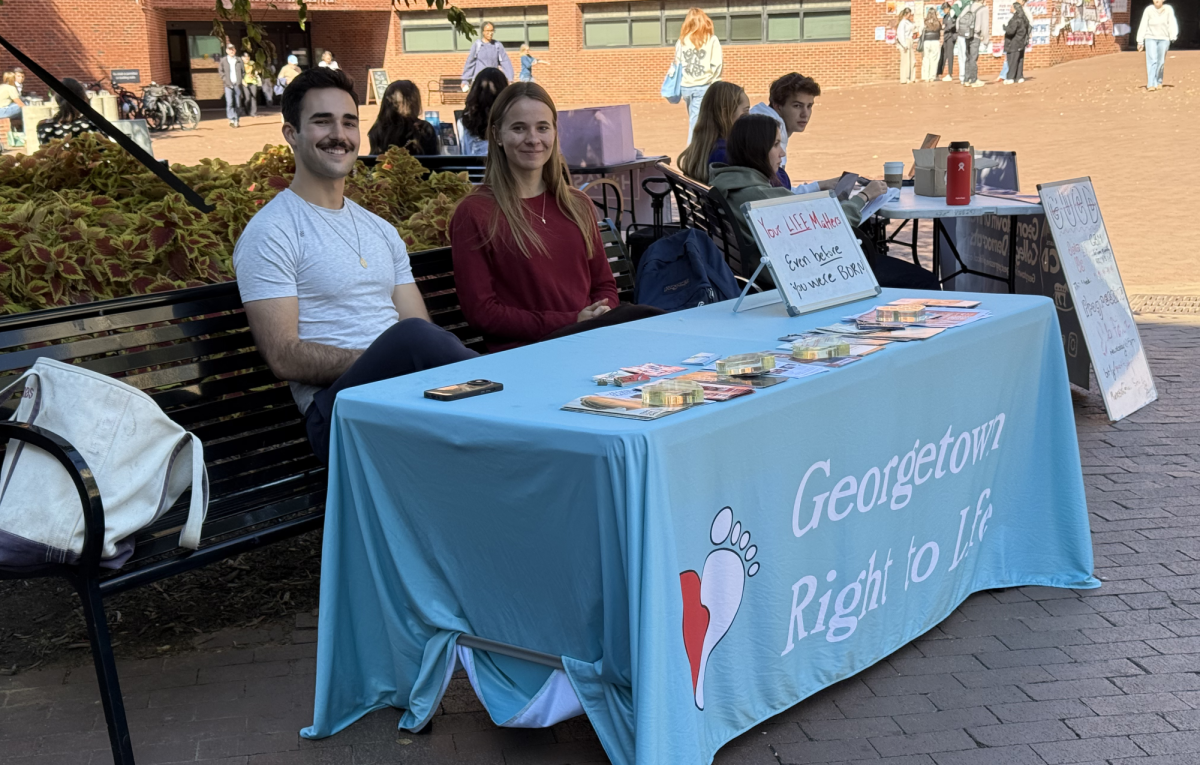Georgetown University’s journalism program welcomed a veteran news editor and reporter as the Fall 2025 Sakka Family Religion and International Journalism Fellow, bringing expertise in journalism, politics and long-form reporting.
The journalism program and the Berkley Center for Religion, Peace and World Affairs announced Oct. 1 that Terence Samuel would join the university through the fellowship, which aims to expand students’ understanding of the role of religion in world events. Samuel previously served as the editor-in-chief of USA Today, the vice president and executive editor at NPR and the White House editor for The Washington Post.
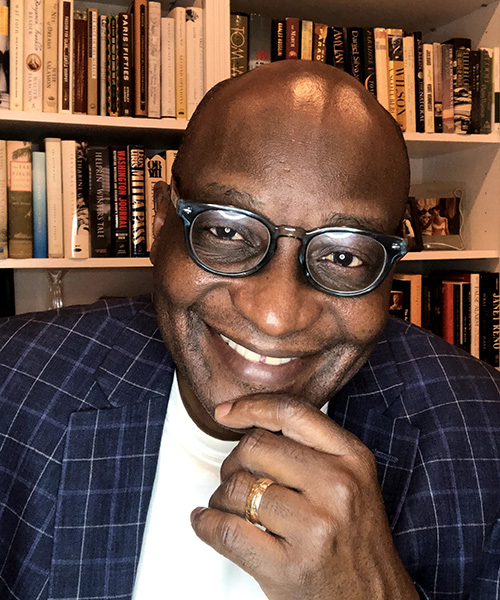
Samuel said events during his fellowship tenure will focus on the importance of truth in journalism and broader society.
“We’ve spent a lot of years as journalists trying to chase down the truth, and I think there’s some question about how effective that is and whether we need to do something more or different,” Samuel told The Hoya. “And there are a lot of conversations about that and so we’re going to talk a lot about why truth matters, not just in journalism, but in society in general, and how we can continue to elevate it.”
Rebecca Sinderbrand, director of the journalism program, said Samuel will bring both experience in journalism and student mentorship to Georgetown.
“We’re so thrilled that Terry Samuel was able to join us to have someone not only with his experience, but also with his special ability to connect with students and guide students,” Sinderbrand told The Hoya. “I’ve seen him work with young journalists for many years, both alongside him as a colleague at The Washington Post and from a distance, seeing the way he worked with students in the Princeton journalism program.”
Sinderbrand said students will benefit from Samuel’s professional advice and his personal experience as a journalist with a decades-long career.
“I think that there is so much that students have to gain from connecting with him,” Sinderbrand said. “He has insight into both your professional path as you’re looking to make your way in this very tumultuous industry, but also just generally. He is someone who has just an amazing life story and life path, just generally.”
Anahita Asudani (SFS ʼ27) said she looks forward to hearing from Samuel about his experience reporting on politics for The Washington Post.
“I’m excited to hear more about Mr. Samuel’s expertise in political journalism, especially given his experience with The Washington Post,” Asudani wrote to The Hoya. “As an international politics major and English minor, I’m interested in how Mr. Samuel’s insights in political writing bridge these two areas.”
Samuel said he was drawn to Georgetown by seeing students’ on-campus reporting and the opportunity to share his journalistic experience with students.
“Last fall, I attended the end-of-year journalism program where I saw all of the prizes that were handed out and saw some of the work that was done,” Samuel told The Hoya. “So I knew the place a little bit. And, a few years ago, I taught a class at Princeton and the opportunity to pass on things that I’ve picked up over many, many years — I really enjoyed that aspect of teaching.”
Samuel said high-quality journalism is essential for fostering communication across societal differences and keeping diverse people connected.
“I think that is a basis for connection and communication, and we can’t lose that, and to the extent that we’ve slipped, I think, some of the divide in the country is essentially about people not being able to communicate because they have such different information systems and information inflows and outflows,” Samuel said.
Through the fellowship, Samuel said he hopes to emphasize to students the importance of storytelling in reporting to foster intercommunal understanding.
“The thing that has essentially been a throughline for my entire career is how important good journalism is to communities and community building,” Samuel said. “I believe that storytelling is essentially one of the building blocks of community, and as journalists, the thing that we do is help people understand themselves and their communities and the world around them.”




